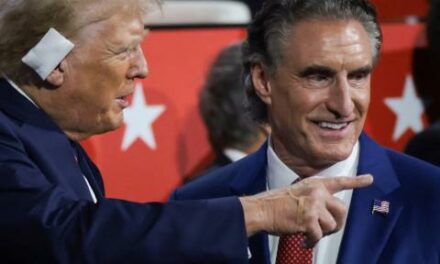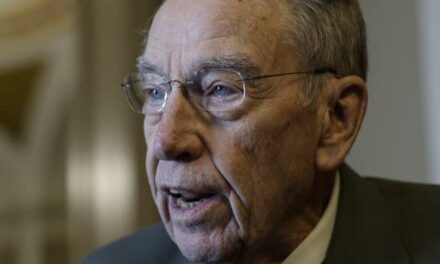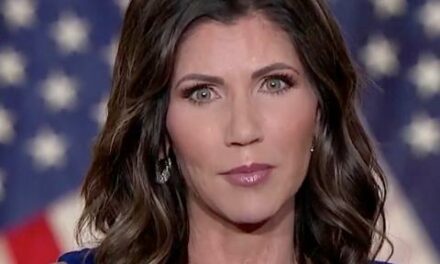We support our Publishers and Content Creators. You can view this story on their website by CLICKING HERE.

An Illinois trade organization has joined a legal challenge to a new law that restricts employers’ free speech rights in the workplace.
The Schaumburg-based Technology and Manufacturing Association represents more than 800 small businesses in Illinois. The group has joined a lawsuit against Illinois Department of Labor Director Jane Flanagan, whose agency is charged with enforcing the Worker Freedom of Speech Act. The lawsuit, filed on Aug. 8 by the Liberty Justice Center, claims that the law revokes free speech across the state.
Gov. J.B. Pritzker signed Senate Bill 3649, the Worker Freedom of Speech Act, into law on July 31. The law is scheduled to take effect on Jan. 1, 2025.
The act prohibits companies from holding mandatory meetings where religious or political matters are discussed. It provides that employees may file civil lawsuits if there are alleged violations by employers.
Within 30 days after the law takes effect, employers will be required to post and keep posted a notice of employee rights under the new law where employee notices are customarily placed.
Proponents of the law have said that mandatory meetings give employers an opportunity to force employees to listen to anti-union rhetoric. The Illinois American Federation of Labor and Congress of Industrial Organizations were proponents of the legislation sponsored by state Sen. Robert Peters, D-Chicago.
The law exempts the Illinois General Assembly, 501 c(4) organizations, PACs, and 501 c(5) organizations, which are unions.
On Oct. 30, 2024, the Liberty Justice Center filed a motion for a preliminary injunction in its legal challenge to the measure. The motion urges the U.S. District Court for the Northern District of Illinois to grant an order prohibiting the state from enacting and enforcing Senate Bill 3649 while litigation continues.
Also on Oct. 30, the Liberty Justice Center filed an amended complaint announcing the addition of the Technology and Manufacturing Association to the lawsuit.
Jeffrey Schwab, senior counsel at the Liberty Justice Center, said the group represents more than 800 small businesses in Illinois.
“Their inclusion is important because it shows that there are many small businesses where the impact of this law, which prevents them from talking about politics and religion in mandatory meetings, harms them and harms their businesses,” Schwab told The Center Square.
Schwab said the law is content-based.
“If you say something about politics or religion, you can’t say that. But if you say something about sports, then you can. The Supreme Court has said content-based restrictions on speech are, per se, unconstitutional. In other words, unless the government can come up with a really, really good reason why they need it, then it’s unconstitutional,” Schwab explained.
Schwab said the law even restricts certain points of view.
“Where the government distinguishes between viewpoint is even worse than content-based discrimination. In this case, by exempting unions and by exempting the government, you may have a situation where certain kinds of political speech is being protected,” Schwab added.
The initial lawsuit filed on Aug. 8 named the Illinois Policy Institute as plaintiffs and the Illinois Department of Labor as defendants. The suit was filed in the United States District Court for the Northern District of Illinois, Eastern Division.
Catrina Barker contributed to this story.

 Conservative
Conservative  Search
Search Trending
Trending Current News
Current News 





